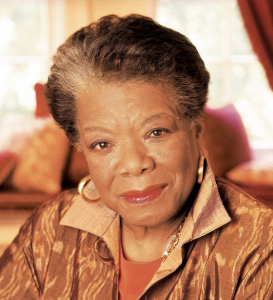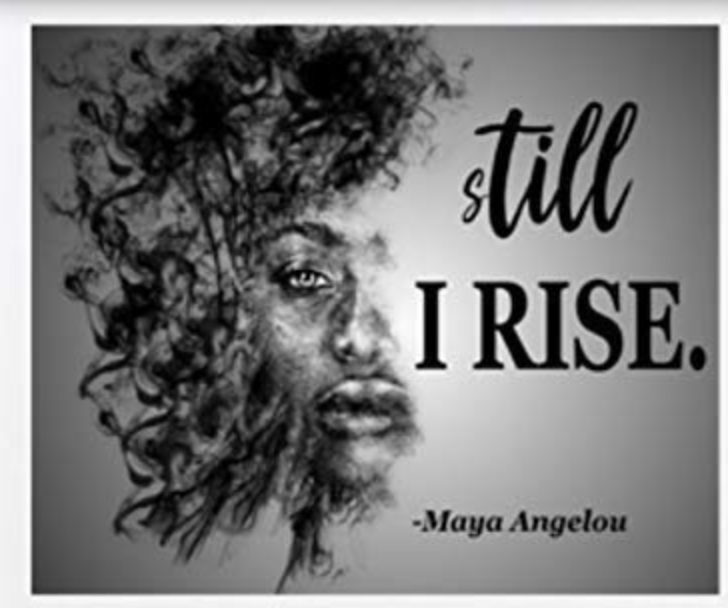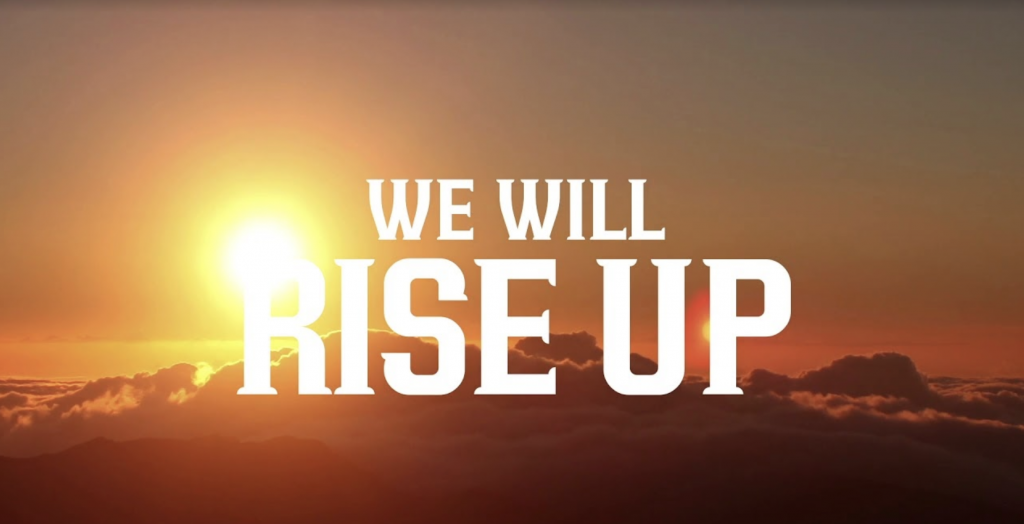Rise Up
On September 2, 2020 by Bob Talks“Rise Up,” these two, simple, charged words are packed with multiple and complicated meanings. The Dictionary provides some of these meanings: “Come to the surface;” “ascend;” “go up;” “arise;” “ascent;” “rebel.” On one basic level, it means getting up in the morning to begin a new day. On another more difficult level, it suggests overcoming obstacles, patterns, or injustices. The Black Lives Matter movement is clearly about rising up, just as the civil rights movement during the 1960s was. Martin Luther King, Jr.’s famous “I Have a Dream” speech in 1963 is certainly about “Rising Up.” Dreams of better ways and better days and creating a “Beloved Country,” to borrow a favorite term from John Lewis, who fought so vigorously for justice, are inherently about Rising Up. There are so many possible interpretations and inferences to these two words. What do they mean to you?
Challenged by the realities of these uncertain and stressful times, I find myself doing a fair amount of backward thinking. I let my mind wander to the past and reflect on what my life has become, why and how, and what might have been different. How does completing my graduate studies way back in 1970 relate to my years in the oil business, as a consultant, as a college president, or my roles as husband, father, and friend? How do those events lead me to create a website, blog, and Talks on Literature? I seek to ferret out links, how one connects to the other. My involvement in the anti-Vietnam War and civil rights movements were shapers and shakers of where I am today—my politics, core values, and beliefs.
In March of 2018, I gave a talk on Mary Oliver and Maya Angelou as part of the on-going Elliott Museum (Stuart, Florida) Lectures on Literature Series, which began in 2016. The title of this talk was: Touching Our Souls: The Poetic Voices of Mary Oliver & Maya Angelou.
I began my talk by reading Angelou’s compelling “On the Pulse of Morning,” the poem she wrote for and delivered at the presidential inauguration of Bill Clinton in 1993. It begins:
A Rock, A River, A Tree
Hosts to species long since departed,
Marked the mastodon.

At the end my talk that evening, a man, with greying hair, a distinguished face and sitting next to a kindly-looking woman, stood up and thanked me for my talk. He also said that he reads “On the Pulse of Morning” every year at his family reunion. He explained how important Angelou’s poetry and memoirs have been to him and his family as inspirational voices in the face of the racism they’ve experienced. The crowd of about fifty people, all white save for this couple, applauded him out of respect and, I suspect, empathy. It was a moving inflection point for me and others.
My reflections bring me back to such “spots of time,” a Wordsworth concept. After reviewing my notes and power point slides for that talk, I decided to do a Zoom Talk about both Maya Angelou and Mary Oliver, separately this time (stay tuned for dates). I reread Angelou’s poems that I had included in my talk. Here is how she ends her tribute to America and instructions for President Clinton from “On the Pulse of Morning”:
Here on the pulse of this new day
You may have the grace to look up and out
And into your sister’s eyes, and into
Your brother’s face, your country
And say simply
With hope
Good Morning.
The last two words are also simple yet charged words that have multiple meanings. “Good Morning” is a greeting she often repeated on tour reading her poetry and memoirs. She affirmed that this greeting contains warmth, hope, kindness, and good wishes. It has aspiration vested in it—an opening of the arms and a welcoming of another person, indeed, a Rising Up.
I was again reminded of Angelou’s gentle, warm, inviting voice in many of her poems. These lines from “Human Family” are good examples:
I note the obvious differences
between each sort and type,
but we are more alike, my friends,
than we are unalike.
Nevertheless, she also had the capacity for anger and outrage at injustices and abuses of power. She was a human rights activist. One of her most acclaimed and vividly poignant poems is “Still I Rise”:
You may shoot me with your words,
You may cut me with your eyes,
You may kill me with your hatefulness,
But still, like air, I’ll rise.
…
Leaving behind nights of terror and fear
I rise
Into a daybreak that’s wondrously clear
I rise
Bringing the gifts that my ancestors gave,
I am the dream and the hope of the slave.
I rise
I rise
I rise.

These words are as fitting today as they were when they were written in 1978. As I reflected on Maya Angelou’s determined voice of strength, I heard Andra Day sing her iconic, popular, moving song, “Rise Up.” Recorded in 2015, thirty-seven years after “Still I Rise,” it seems very apparent that Angelou’s poem directly influenced Day’s song. It is moving, compassionate, resolute, and hauntingly beautiful.

I attach it here for your moment of aspiration and hope.
Take a moment of aspiration and hope. Enjoy and keep rising, with my good wishes,
Bob
Calendar
| M | T | W | T | F | S | S |
|---|---|---|---|---|---|---|
| 1 | 2 | 3 | 4 | 5 | 6 | |
| 7 | 8 | 9 | 10 | 11 | 12 | 13 |
| 14 | 15 | 16 | 17 | 18 | 19 | 20 |
| 21 | 22 | 23 | 24 | 25 | 26 | 27 |
| 28 | 29 | 30 | 31 | |||
Leave a Reply